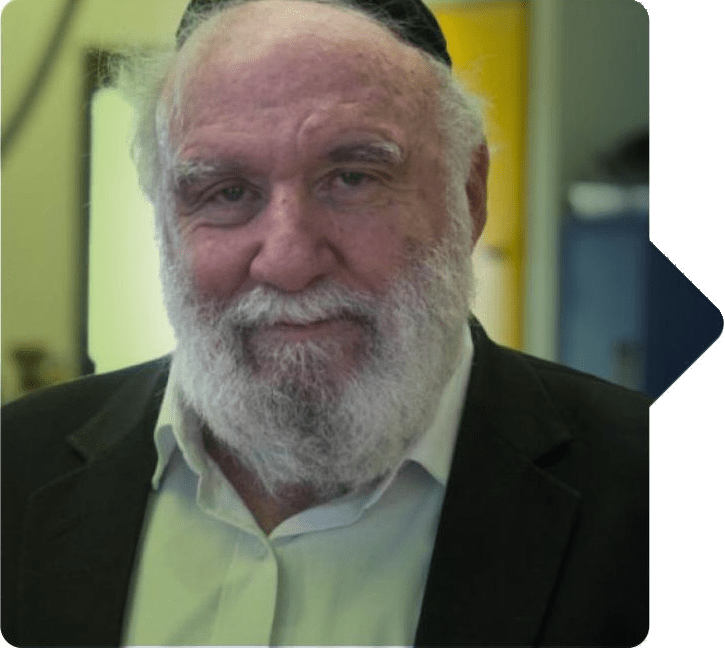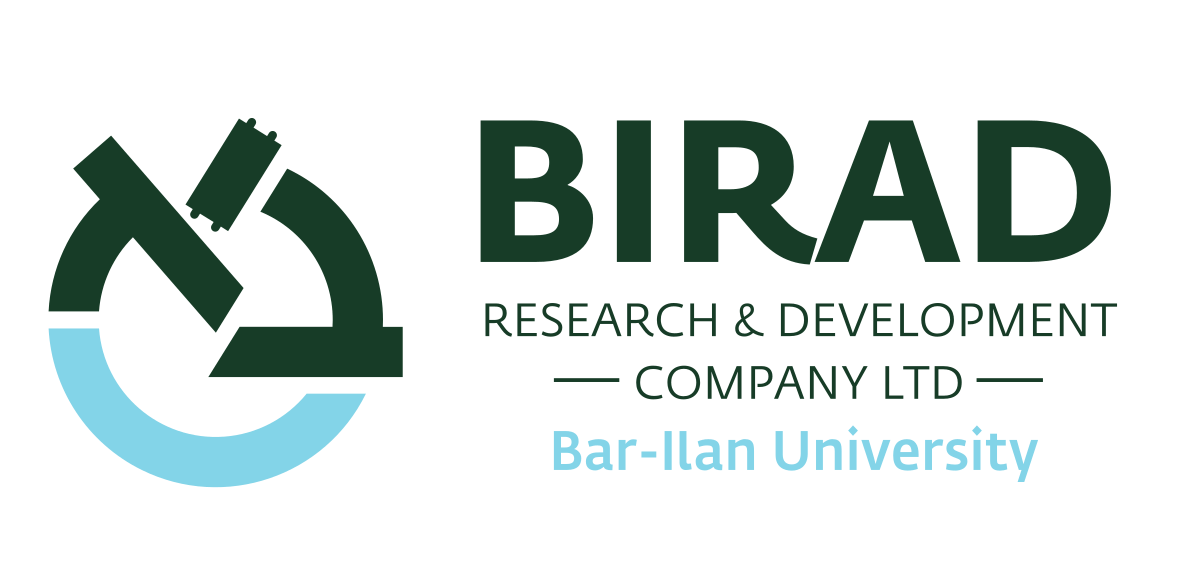Efficient and Economic Selective Bromide Ions Removal and Recovery of Water

The Problem
Development of bromine compounds markets is strongly affected by new global environmental regulations that forbids the production of wastewater containing bromide that are discharged to surface water systems. Furthermore, high bromide in conjunction with high organic carbon (OC) is widely recognized to be the worst-case scenario for drinking water plants.
Inability to achieve low bromide concentrations by existing technological processes of water treatments will lead to annual addition of at least ~$200 million. Also, forbiddance of use brominated flame retardants and biocides, hydraulic fracking ban will lead to loss of hundred million dollars every year.

The Solution
We developed simple, effective, and cost-effective technology for specific removal and recovery of bromide ions from water. This cutting-edge technology removes and recovers bromide ions by electro-oxidation in the Asymmetric CDI (A-CDI) cells.

The Commercial Benefit
Our novel technology advantages are four-fold:
- It is simple
- It is efficient
- It is cost-effective
- And it meets the requirements of all regulations

Market Potential
- Global bromine market

Target Markets/Industries
- Global bromine market

Intellectual Property
US patent application pending (16/766,645)

Team: Primary Inventor
Prof. Doron Aurbach
- Prof. Doron Aurbach is a professor in the Department of Chemistry
- He is a member of Bar-Ilan University (BIU) Senate
- Prof. Aurbach is a director of the Energy Center at the Bar-Ilan University Institute of Nanotechnology and Advanced Materials
- He is a leader of the Israel National Research Center for Electrochemical Propulsion, which includes 22 research groups from 5 leading academic institutions
- Prof. Doron Aurbach works systematically on R&D of a wide variety of power sources, electronically conducting polymers, and water desalination and purification
- He mentored 55 PhD students and 70 MSc students and has supervised 20 post-doctoral fellows
- Prof. Aurbach published more than 540 research papers in leading electrochemistry, materials science and physical chemistry journals

Future Research
Development of stable electrodes that allow long-term processes including elaboration of effective cells and long-term experiments that will prove stability.

The Opportunity
Companies are invited to license our patent through a licensing agreement with or without sponsored research.

